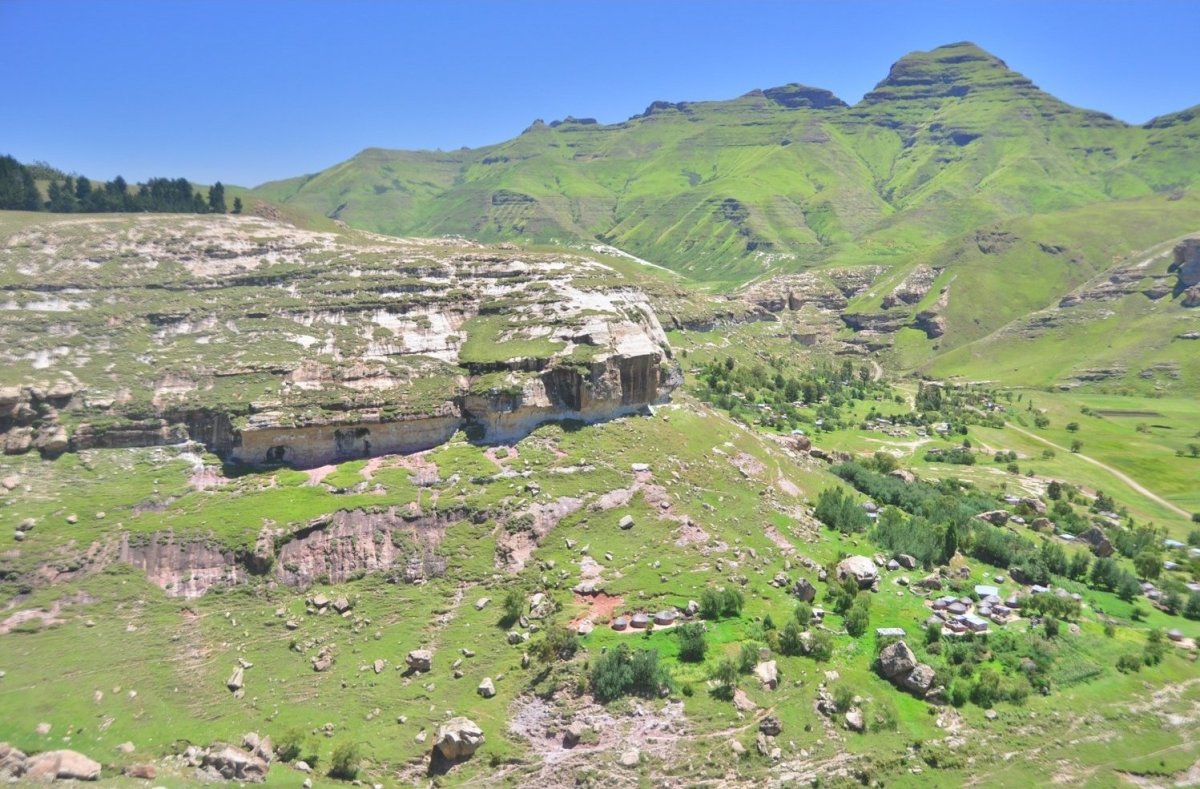

Countries of the Hindu-Kush-Himalayan region have now started pondering about the creation of the Himalayan council. This idea was discussed during a Knowledge Forum on Climate-Resilient Development jointly organized by the Ministry of Agriculture and Farmers Welfare, India, Institute of Economic Growth (IEG) and International Centre for Integrated Mountain Development (ICIMOD) Koshi Basin Programme and Himalayan Climate Change Adaptation Programme on 16 – 17th June 2016 at India Habitat Center, New Delhi. The idea is inspired by the Arctic Council which, in its 20 years of existence now has contributed a lot in addressing issues of relevance to the Arctic Region and its peoples. Although the countries of the Himalayas have made remarkable progress in socioeconomic development in recent years, challenges persist in ensuring food and nutritional security, ending hunger and poverty, and providing access to safe water and clean energy to the burgeoning population. Poverty, unemployment, food insecurity, and poor health are widespread in this region. Leaders in the region have committed to end poverty and hunger, ensure food and water security, provide clean energy, mitigate the impacts of climate change, and promote inclusive growth and climate resilient development as part of the Sustainable Development Goals and Agenda 2030. However, achieving these goals requires integrated solutions, inter-sectoral coordination, the efficient and sustainable use of land, water, energy and ecosystems, the strengthening of upstream-downstream linkages, and increased regional and sub-regional coordination and communication. The creation of the Himalayan Council was thus proposed as one of the solutions by this Knowledge Forum on Climate Resilient Development which had the objective of identifying innovative ideas and integrated solutions for upstream-downstream linkages, increased regional and sub-regional communication, and inter-sectoral coordination for inclusive growth and climate resilient development in the Hindu-Kush-Himalayan region. During the forum, many other innovative ideas and case studies were shared including the climate-smart villages which are being piloted in Nepal and now adopted by the government and included in the national planning process well as the institutionalization of benefit-sharing Payment for Ecosystem Services (PES) as a way to forge the linkages between upstream Himalayas and downstream regions. For more information, please see the press brief at the ICIMOD website here.
During the celebration of the International Mountain Day at Paris, 11 December, the UN Environment Programme (UNEP) concludes a series of Mountain Adaptation Outlooks. By promoting policies in favour of ecosystem-based adaptation in mountain regions,
To mark World Environment Day 2016, The International Centre for Integrated Mountain Development (ICIMOD) has launched the ICT for Mountain Development Award 2016. This award which is being issued for its third consecutive year recognizes innovations
Indigenous and traditional peoples living in mountains are known to sustain important traditional knowledge and a diversity of resilient genetic resources that are adapted to mountain conditions. As an example, mountain farmers have explicitly design
Le 29 Aout, lors d’une conférence de presse, Hon. Mary Kitutu - le Ministre de l’Etat chargé de l’environnement - a exprimé son enthousiasme pour le quatrième forum sur la montagne. Elle a indiqué que le gouvernement de l'Ouganda est optim
In the afternoon of 17th October 2016, the World Mountain Forum 2016 kicked off at Mbale Resort Hotel, in Uganda. The Forum started with a Special Africa Mountain Event where different Sustainable Mountain Development (SMD) actors presented updates o
More than 250 delegates from around the world gathered in Uganda at Mbale Resort Hotel, from 17th to 20th October 2016, for the World Mountain Forum 2016. This forum served as a platform to share information and discuss the challenges and future oppo
In a refreshing side event to the WMF 2016, UNEP and partners presented the preliminary findings of the Waste Management Outlook (WMO) for mountain regions, a publication that will be launched on this year’s World Mountain Day (11 December 2016).
During the closing ceremony of the World Mountain Forum 2016 that was held in Mbale, Uganda on 17-20 October 2016, His Excellence Edward Ssekandi, the Vice-President of Uganda launched the Uganda Sustainable Mountain Development Strategy. The s